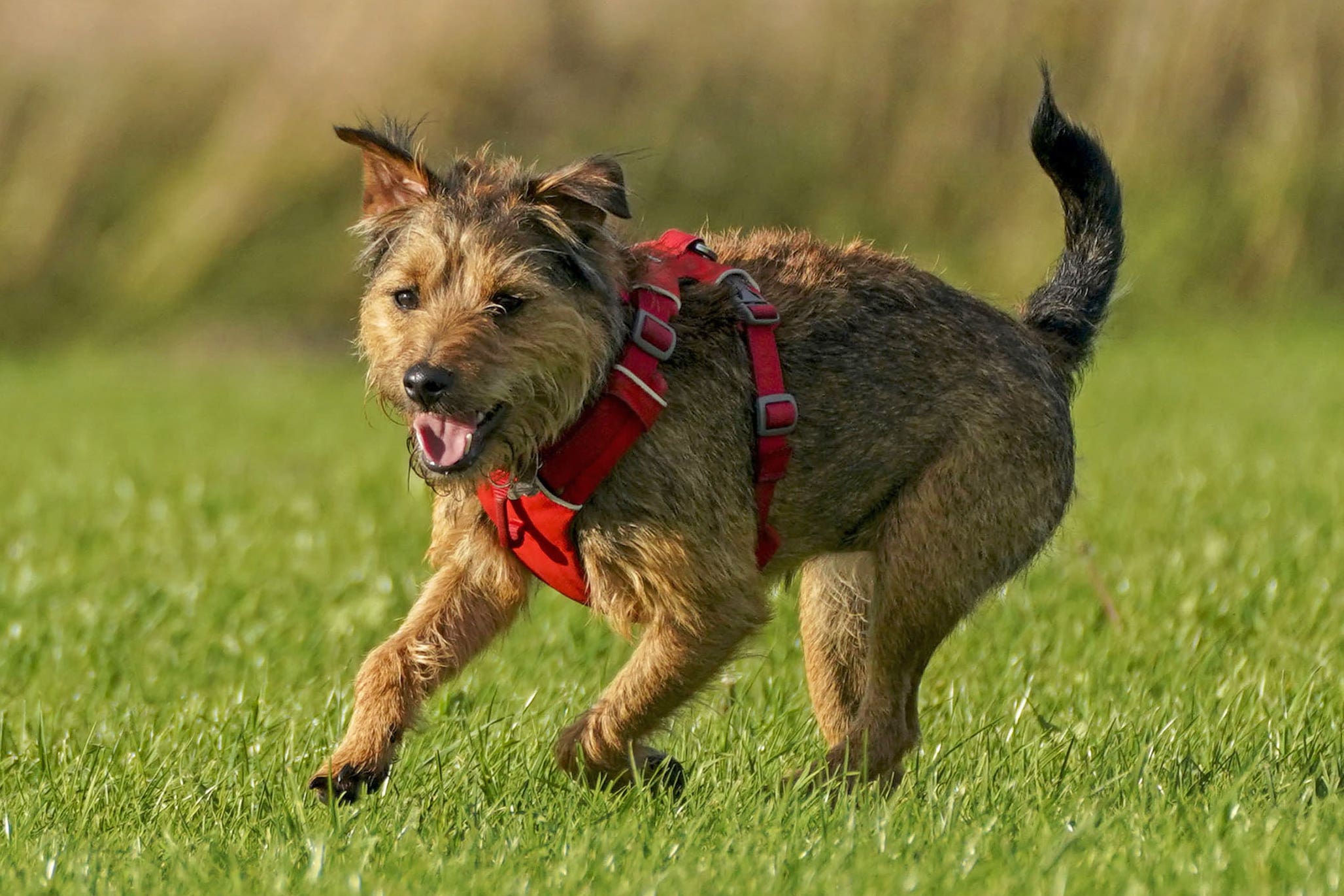Children living with pet cats or dogs ‘less likely to develop food allergies’
Children who have hamsters as pets may be at an increased risk of developing a nut allergy, researchers discovered.

Your support helps us to tell the story
From reproductive rights to climate change to Big Tech, The Independent is on the ground when the story is developing. Whether it's investigating the financials of Elon Musk's pro-Trump PAC or producing our latest documentary, 'The A Word', which shines a light on the American women fighting for reproductive rights, we know how important it is to parse out the facts from the messaging.
At such a critical moment in US history, we need reporters on the ground. Your donation allows us to keep sending journalists to speak to both sides of the story.
The Independent is trusted by Americans across the entire political spectrum. And unlike many other quality news outlets, we choose not to lock Americans out of our reporting and analysis with paywalls. We believe quality journalism should be available to everyone, paid for by those who can afford it.
Your support makes all the difference.Babies living with pet cats or dogs may be less likely to develop food allergies as they grow older compared to those in pet-free homes, research suggests.
Being exposed to dogs is linked to a reduced risk of egg, milk and nut allergies, while cat exposure is tied to a lower risk of egg, wheat and soybean allergies, an analysis of more than 65,000 infants from Japan found.
But children who have hamsters as pets may be at an increased risk of developing a nut allergy, researchers discovered.
The findings, published in the journal Plos One, could help design future studies on children and allergies, the scientists in Japan said.
Around one in 12 young children in the UK are thought to suffer from a food allergy.
Being exposed to farm animals in pregnancy and early childhood is associated with a lower risk of food allergies, previous research has shown.
For the latest study, Hisao Okabe from the Fukushima Medical University used data from 66,215 children and their mothers who were part of the Japan Environment And Children’s Study.
About 22% were exposed to indoor pets – mainly dogs and cats – while in the womb.
Children with indoor pets had a “significantly reduced incidence of food allergies” compared to those with outdoor dogs, the researchers discovered.
Meanwhile, children exposed to hamsters – 0.9% of the total group studied – had a “significantly greater incidence of nut allergies”.
The findings are based on self-reported data and cannot determine if the link between pet exposure and food allergy incidence is causative, the researchers said.
They wrote: “This study showed that the association between pet exposure during foetal development or early infancy and the incidence risk of food allergies until the age of three years differs depending on the combination of two factors: pet species and allergen type.
“Dog exposure might reduce the incidence risks of egg, milk and nut allergies; cat exposure might reduce the risks of egg, wheat and soybean allergies; hamster exposure might increase the risk of nut allergy.
“However, this study was a questionnaire-based survey and we did not perform an objective assessment.
“Further studies using oral food challenges are required to more accurately assess the incident of food allergies.”